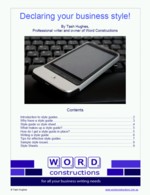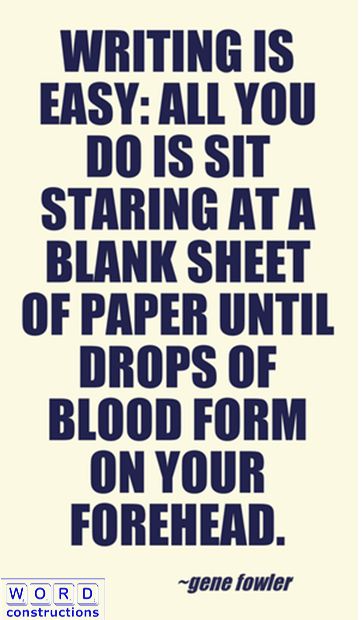Like pretty much anyone else, if I am sending a SMS message I may use short forms and abbreviated words – it’s quicker and easier on a small screen and keyboard. Although it is becoming less necessary with smart phones.
However, as a professional writer, I cringe every time I see shortened words in other contexts.
There is no need to use SMS shortcuts on a website, in a newsletter or blog, or in any other business or professional document. Personally, I don’t think there’s much need to use it in personal emails or letters, either, but I’ll leave that alone!
Reading information about a business, we want to know if we can trust the business and that they will provide a professional service*. If the business can’t even be bothered writing out full words, they do not inspire trust that they will provide much for customers.
Examples…
1. Only days ago a friend forwarded me an email she had received. The subject of the email was “Here’s to a gr8 ’08!” and she forwarded it to me with the comment that she hadn’t even bothered reading it because the subject “really put me off!”
With something like an email subject, you only have one chance to entice people to read it, so don’t lose that chance by not using full words.
2. A while ago I was asked to review someone’s website for a service based business where she really needed people to trust her. The entire homepage was full of U (instead of you), lower case letters and other SMS-type words. Had I not been reviewing it, I would not have even read the page – again, you only have a short time to grab a visitor’s interest on a website so make first impressions good.
So, go back to basics – use good grammar, spelling and expression to present a clear message even if you think your audience understands or relates to SMS texting language. Understanding it is not the same as respecting it away from mobile phones.
* By professional service, I mean service that is appropriate, courteous and business -like so it includes customer service in a retail setting as well as services from a service provider such as an accountant, lawyer or writer.


 A style guide is simply a set of rules as to how your business produces it’s communication materials (including website content, letters, emails, marketing documents and promotional articles.)
A style guide is simply a set of rules as to how your business produces it’s communication materials (including website content, letters, emails, marketing documents and promotional articles.)
 We all know that spelling varies between Australia and some other countries, notably the USA. We write neighbour, they write neighbor; we write centre, they write center.
We all know that spelling varies between Australia and some other countries, notably the USA. We write neighbour, they write neighbor; we write centre, they write center.


Recent Comments